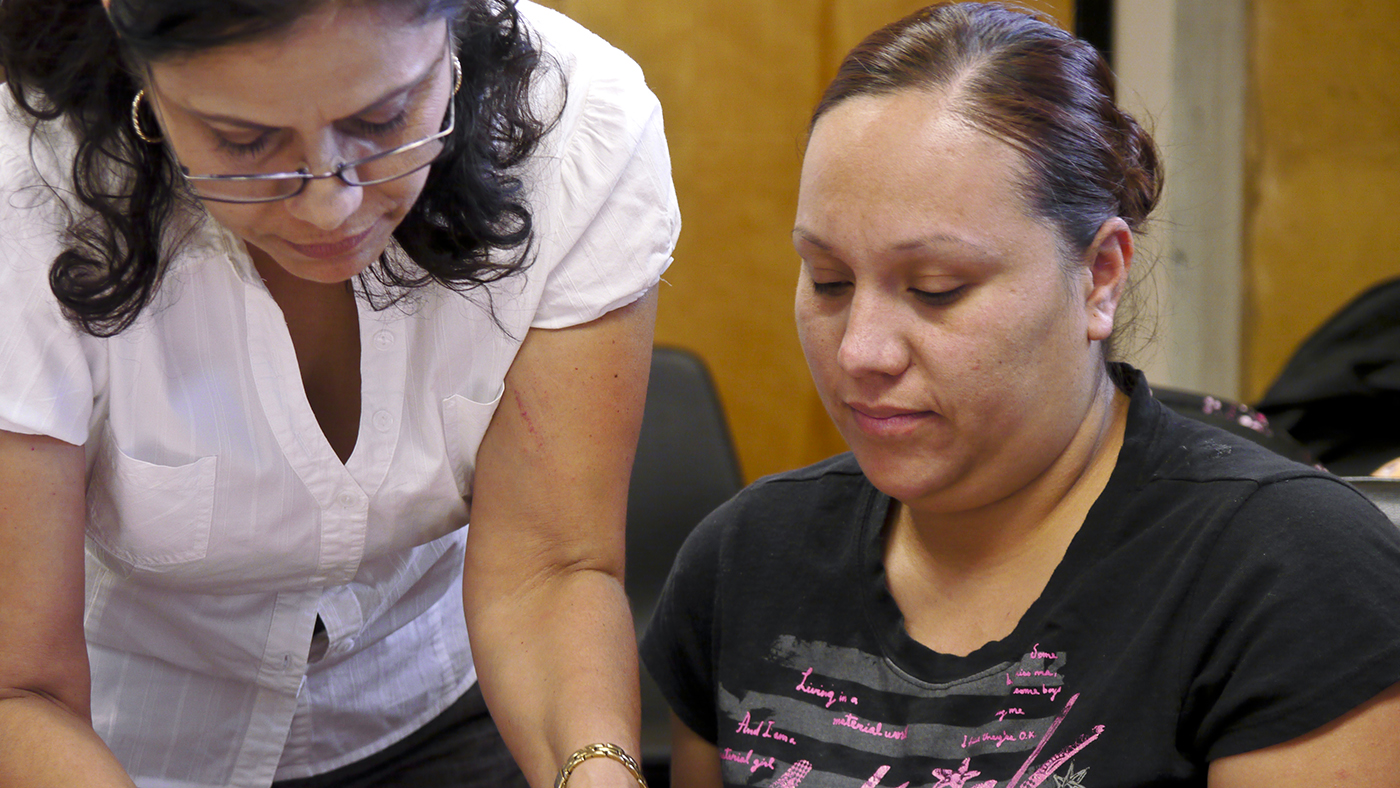During your first trimester of pregnancy, your Ob/Gyn or midwife may offer noninvasive prenatal testing (NIPT) prenatal testing to determine whether the baby might be at increased risk for birth defects.
NIPT primarily looks for signs that your pregnancy may be at increased risk of:
- Down syndrome (trisomy 21, caused by an extra chromosome 21)
- Edwards syndrome (trisomy 18, caused by an extra chromosome 18)
- Patau syndrome (trisomy 13, caused by an extra chromosome 13)
- Conditions caused by missing or extra X and Y chromosomes
NIPT can also tell you whether you’re having a boy or girl—often earlier than an ultrasound.
Unlike traditional tests such as amniocentesis or chorionic villus sampling (CVS), NIPT does not require disturbing the placenta or amniotic fluid, which can slightly increase the risk of miscarriage. NIPT requires just a small blood draw from your arm during a regular prenatal visit or at your home, if desired. Since fragments of the placental DNA circulate in your blood, all we need is a small blood draw that a lab can analyze.
While it might be scary to think about pregnancy abnormalities, some patients prefer to know so they can plan for the future. NIPT has only been available in the last decade and can be done as early as 9 weeks.
In summer 2020, the American College of Obstetricians and Gynecologists recommended that all pregnant women be offered prenatal screening for chromosomal disorders, which includes NIPT, and the decision to have it is personal.
Let’s talk about who might benefit from NIPT, as well as its accuracy. Our goal is to help you feel more empowered to make the best decision for you and your family.
It’s important to understand that NIPT is a screening tool, not a diagnostic test. This means it can’t diagnose a genetic condition; it can only predict whether your baby is at high or low risk of having one.
Who Might Want to Consider NIPT?
If you have certain risk factors such as these, your health care provider might recommend NIPT:
- Being 35 or older.
- A personal or family history of chromosomal disorders
- If an abnormality is detected on an ultrasound
While many insurance companies cover NIPT, it's a good idea to check with yours to find out whether you’re covered and what your out-of-pocket costs might be.
It’s important to understand that NIPT is a screening tool, not a diagnostic test. This means it can’t diagnose a genetic condition; it can only predict whether your baby is at high or low risk of having one.
These tests are never 100% accurate. However, a 2016 study found that NIPT has a high sensitivity for detecting Down syndrome. While the sensitivity for detecting conditions such as Edwards and Patau syndromes is lower, it’s still strong. Depending on the results of the screening, your doctor may recommend further tests.
What Happens After the Screening?
If the NIPT indicates a high risk of a chromosomal condition such as Down syndrome, your doctor may recommend you receive genetic counseling, a comprehensive ultrasound, and CVS or amniocentesis to verify the diagnosis.
Once a diagnosis is confirmed, you can discuss with your partner and health care provider what the results may mean for your family. Your UNM Health team will support you in your next steps, which will depend on your beliefs, values, and circumstances.
If you choose to proceed with the pregnancy, we can help you plan for the baby’s future health needs. If you choose to terminate the pregnancy, we offer judgment-free abortion care and counseling up to 23 weeks and 6 days of pregnancy.
Deciding to have NIPT is a personal decision. Talk with your health care provider or a genetic counselor about your questions and concerns. We are here to listen, provide information, and support you throughout the process.

